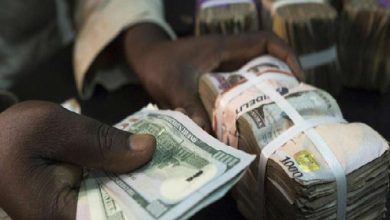CBN Reaffirms Commitment to Economic Stability as Eight Banks Surpass Recapitalization Target
The Central Bank of Nigeria is doubling down on reforms and partnerships to stabilize the economy.
July updates highlight policy consistency, bank recapitalization progress, and stronger investor engagement efforts.
The Central Bank of Nigeria (CBN) has reiterated its dedication to strengthening the nation’s financial system through disciplined domestic reforms and strategic international partnerships, highlighting notable achievements in July 2025 as part of its ongoing efforts to rebuild trust and ensure long-term economic resilience.
According to a monthly policy update from the apex bank, the CBN emphasized that Nigeria’s journey toward a diversified and stable economy requires reinforcing the domestic financial core while actively pursuing meaningful global partnerships. The update underscored that recent actions reflect this dual strategy, with the bank prioritizing price stability, investor confidence, and systemic transparency.
At the 301st Monetary Policy Committee (MPC) meeting, members unanimously voted to maintain key economic indicators. The Monetary Policy Rate (MPR) remains at 27.5%, while the Cash Reserve Ratio (CRR) for Deposit Money Banks stays at 50%. The decision, the bank noted, was driven by data and intended to allow time for recent monetary reforms to take full effect.
CBN Governor Olayemi Cardoso, in a statutory briefing with the Senate Committee on Banking, Insurance and Other Financial Institutions, reiterated the importance of institutional synergy in protecting the integrity of the financial system. He called for legislative collaboration to support policy consistency and maintain public confidence in Nigeria’s financial institutions.
One of the month’s key highlights is the ongoing success of the bank recapitalization program, which is scheduled to conclude in March 2026. The CBN confirmed that eight Nigerian banks have already surpassed the new minimum capital requirements, reflecting robust institutional compliance and systemic strength.
In addition, the Domestic Investors Summit served as a platform to strengthen dialogue between policymakers and stakeholders in the financial sector. The CBN acknowledged the resilience of local investors who have remained steadfast amid market uncertainty and pledged to maintain clarity, consistency, and responsive reforms in recognition of their contribution to national stability.
Cardoso lauded the Federal Ministry of Industry, Trade and Investment for hosting the summit, stating that the insights and experiences of domestic investors are essential in shaping policies that not only stabilize the financial markets but also catalyze real sector growth.



